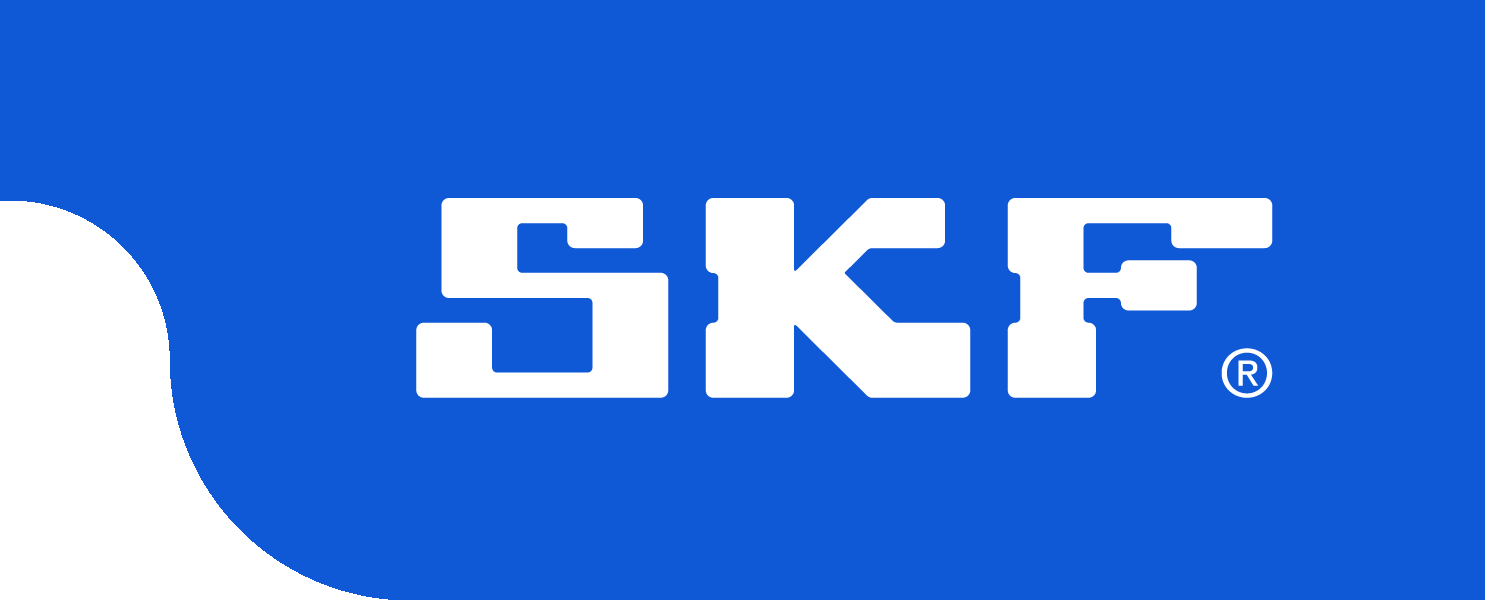
 |
Contact Us |
||
|
|
Kaydon white papersExtend wind turbine life with pitch bearing upgradesThe operational life of a wind turbine can be increased by as much as 10 years by upgrading its components and technology. A pitch bearing upgrade in particular can increase turbine life and efficiency while reducing costly downtime, all at a fraction of the cost of investing in a new turbine.
This white paper will review the defining characteristics of pitch bearings, describe the most common causes of pitch bearing failure, and outline the specific bearing improvements that can extend turbine life cycle.
What makes pitch bearings uniqueSlewing pitch bearings connect the rotor hub and rotor blade, and are designed to allow the turbine blade to be indexed or positioned to optimize blade angle for the wind speed. Pitch bearings typically feature deep groove gothic arch raceways and maximum ball complement. Their single-row, four-point contact or double-row, eight-point contact designs provide exceptional load capacities, with bearing raceways that provide multiple points of contact with the balls. This enables the bearing to carry radial, thrust, and movement loads simultaneously.
Pitch bearings characteristics
Why pitch bearings fail: lubricationThe classic failure modes predicted by standard bearing calculation models (i.e. fatigue spalling and brinelling) are actually very uncommon causes for failure. Pitch bearings typically fail for reasons related to lubricant degradation and lack of structural flexibility.
Lubrication failures
Why pitch bearings fail: load and operation
Load failures
Ellipse truncation failure
Bearing upgrade: path surface areaPitch bearing upgrades are designed to address the specific failures found in a given bearing. With the potential cost of downtime and bearing change-outs running into the hundreds of thousands of dollars, it pays to find a supplier who can offer an upgrade solution that will improve productivity and extend turbine life cycle. The most effective bearing upgrades mitigate edge loading and strengthen the races; address separator load and wear; prevent contamination; and, ultimately, result in a more efficient bearing. Depending on a given bearing's specific issues, bearing upgrades should involve some or all of the following improvements.
Path contact area
Bearing upgrade: separator design, raceway geometry
Separator design
Raceway geometry
Bearing upgrade: seal design and raceway hardening
High-endurance seal design
Raceway hardening
Bearing upgrade: packaging
Proper packaging
Bearing upgrades extend wind turbine life
Kaydon offers upgraded pitch bearing solutions that can increase turbine life and efficiency and reduce downtime. Upgrades can:
Reduce turbine life cycle costs with SKF and KaydonFor more than 75 years, Kaydon has been designing and manufacturing slewing bearings for the most demanding applications, using best-in-class design and simulation tools. Kaydon has designed and manufactured slewing bearings for wind turbine pitch and yaw positions since the 1990s and, for the past decade, has provided aftermarket upgrades that have been proven to reduce the total life cycle cost of wind turbines. SKF and Kaydon also offer replacement bearings for all major turbine manufacturer's designs. Additional SKF industry expertise includes lubrication, lubrication delivery, sealing, and condition monitoring systems.
Explore SKF and Kaydon's complete wind industry product portfolio with SKF Virtual Turbine, available to download from the App Store or Google Play. Download this article
Extend wind turbine life with pitch bearing upgrades |
|
|